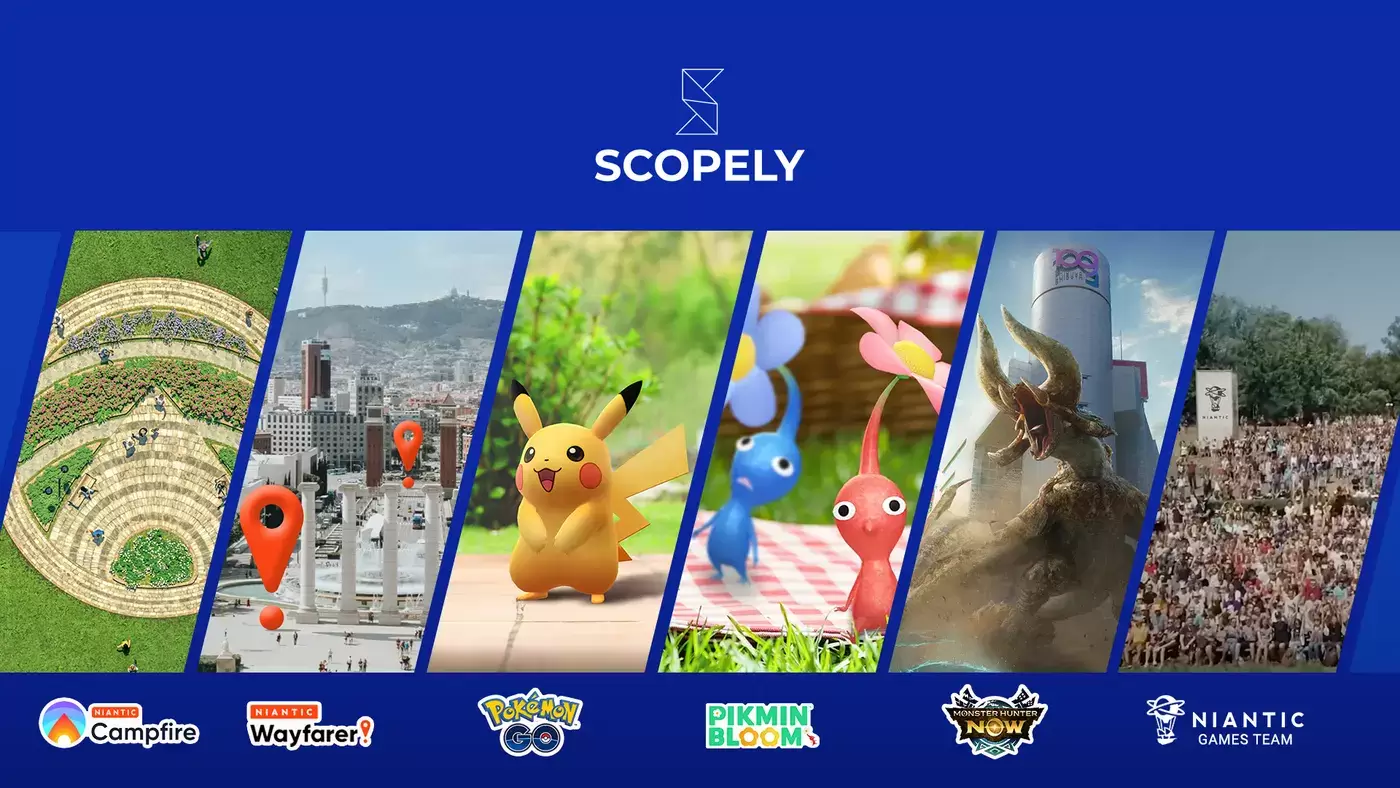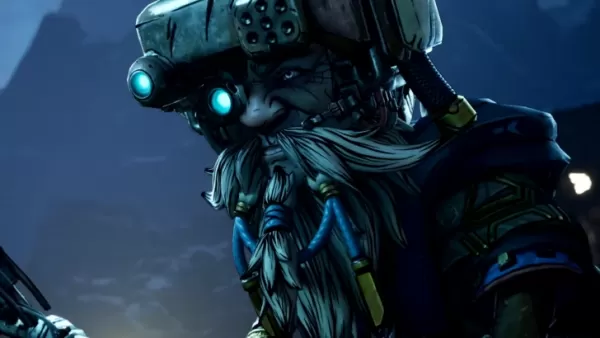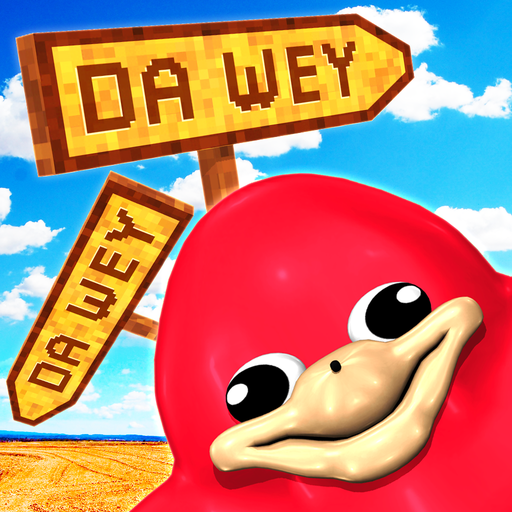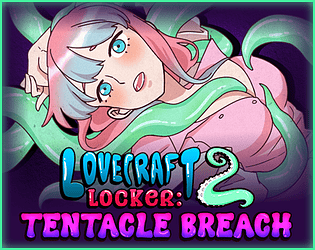Niantic Inc. has announced the sale of its gaming division, including popular titles like Pokémon Go, Pikmin Bloom, and Monster Hunter Now, along with their development teams, to Scopely, a company owned by Saudi investment firm Savvy Games. The deal is valued at $3.5 billion, with an additional $350 million in cash being distributed to Niantic equity holders, bringing the total transaction value to approximately $3.85 billion.
According to a press release from Scopely, Niantic's games have a robust player base, boasting over 30 million monthly active users (MAUs), more than 20 million weekly active users, and generating over $1 billion in revenue in 2024. Pokémon Go remains a standout, consistently ranking among the top 10 mobile games since its launch nearly a decade ago and attracting over 100 million unique players in 2024.
Niantic emphasized that the game teams have ambitious long-term plans that will continue to be developed under Scopely's ownership. In a blog post, Niantic stated, "This partnership ensures that our games have the long-term support needed to be 'forever games' that will endure for future generations." They reassured players that the games, apps, services, and events will continue to be supported and enhanced by the same dedicated teams.

In a separate statement, Ed Wu, the chief of Pokémon Go, addressed the community's concerns about the game's future under new ownership. Wu, a key figure in the game's development since its inception, expressed confidence in the partnership with Scopely. He stated, "Scopely expressed a deep admiration for this community and our team. I have every belief Pokémon GO will further flourish as part of Scopely, not only into its second decade, but for many more years to come, under the mission of discovering Pokémon in the real world and inspiring people to explore together."
Wu highlighted the continuity of the Pokémon Go team and their ongoing commitment to enhancing the game with features like Raid Battles, Go Battle League, Routes, and live events such as Pokémon Go Fest. He emphasized that Scopely's approach allows game teams to pursue their creative visions autonomously, which aligns well with Niantic's values. Additionally, he noted that Scopely's status as a private company aligns with long-term goals rather than short-term gains, ensuring a focus on the game's community and real-world engagement.
Wu also acknowledged the continued partnership with The Pokémon Company, which has been integral to the game's development and success. He expressed gratitude for their guidance and commitment to the shared vision of discovering Pokémon in the real world.
In conclusion, Wu reassured players that while Pokémon Go will continue to evolve, the core principles and development process will remain unchanged. He expressed optimism about the future, stating, "I have so much gratitude for the incredible joy of serving hundreds of millions of Trainers in our real-world community for the past nine years, and I truly believe the best is yet to come."
Separately, Niantic announced the spin-off of its geospatial AI business into a new entity called Niantic Spatial Inc., which aims to accelerate and scale its operations. Scopely is investing $50 million in this venture, with Niantic contributing $200 million. Niantic Spatial will continue to manage other real-world AR games, including Ingress Prime and Peridot.









